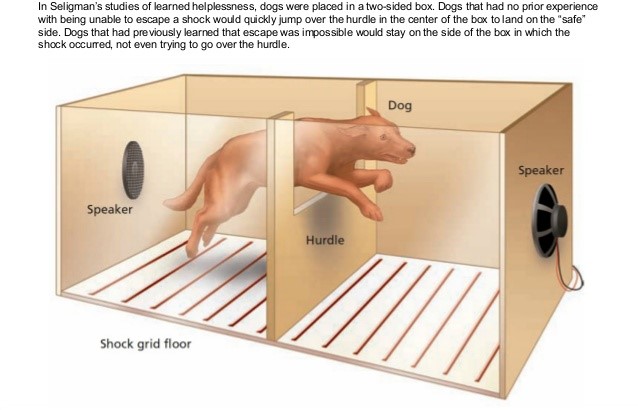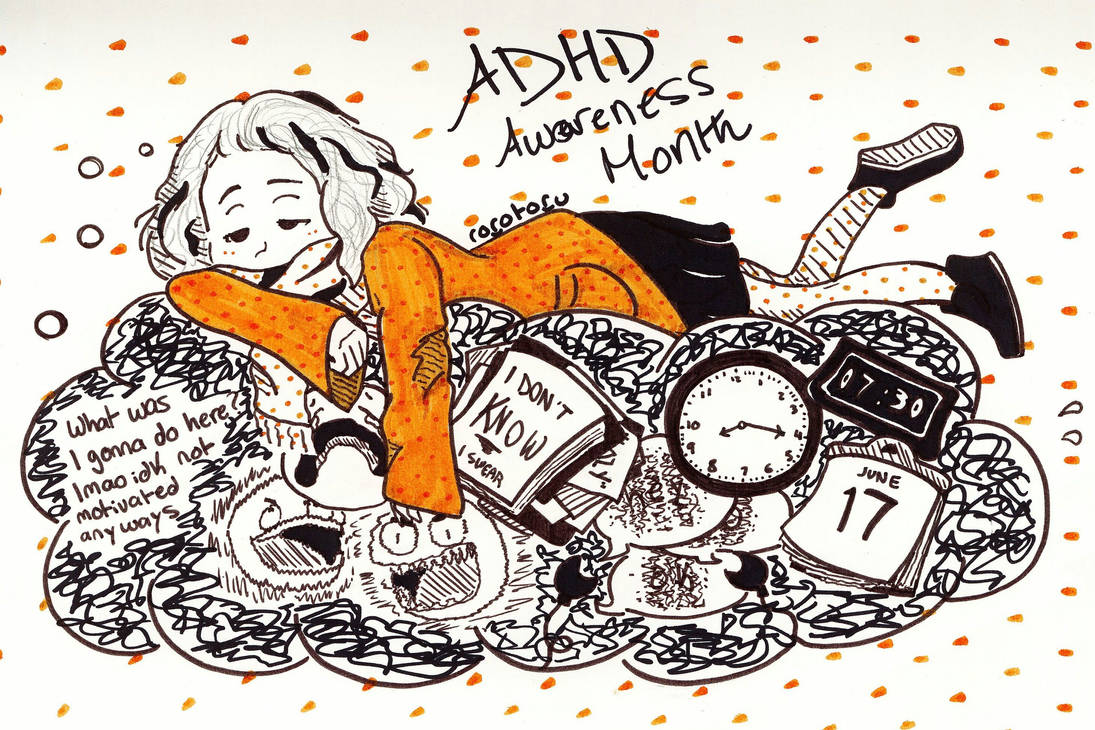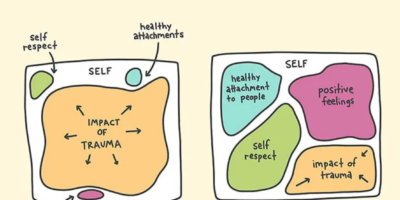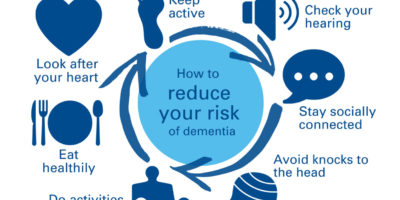
Learned helplessness is a psychological phenomenon in which an individual learns to believe that they have no control over their situation, even when this may not be the case. This feeling of helplessness can lead to depression and a lack of motivation.
An example of learned helplessness is an experiment conducted by psychologist Martin Seligman in the 1960s. Seligman placed dogs in a box with two sections separated by a barrier. In one section, the floor was electrified, while the other section was not. The dogs could jump over the barrier to escape the electric shocks, but initially, they did not attempt to do so. Instead, they lay down and whined in distress.
After repeated exposures to this situation, the dogs eventually stopped trying to escape, even when the barrier was removed and they could have easily jumped over it. They had learned to feel helpless and believed that they had no control over their situation, even though they could have taken action to change it.
This experiment demonstrated that learned helplessness can develop when individuals experience repeated exposure to situations in which they feel powerless. This feeling can then generalize to other areas of their lives, leading to a sense of hopelessness and a lack of motivation to take action to change their circumstances.
Individuals with depression may also experience learned helplessness, as they may feel that they are unable to improve their mood or situation, even when there are potential solutions available to them. This can make it difficult for them to seek out help or take action to improve their situation.
It is important to note that learned helplessness can be unlearned. By taking small steps to regain a sense of control, individuals can begin to break free from the cycle of helplessness and develop a more positive outlook on their lives. This can involve seeking professional help, setting small achievable goals, and celebrating successes, no matter how small they may be.







Leave a Reply